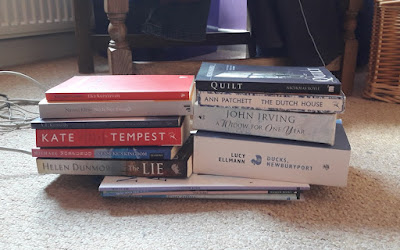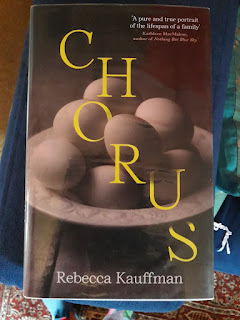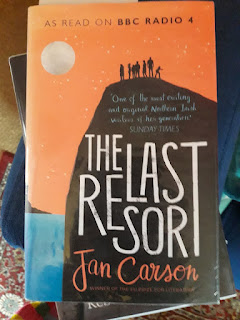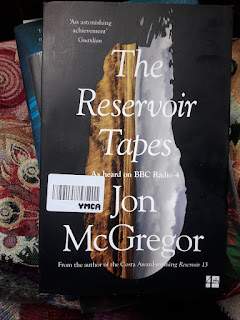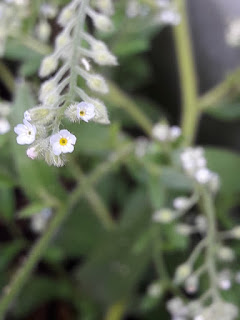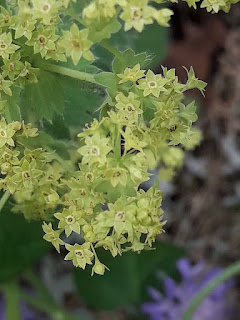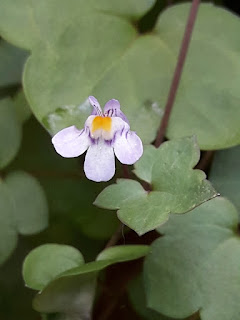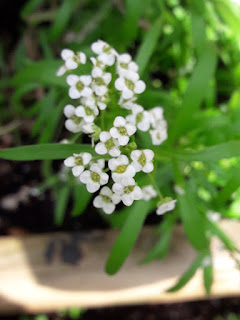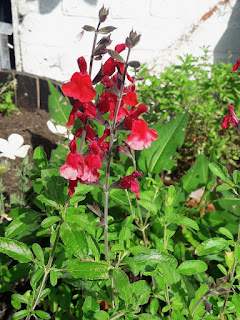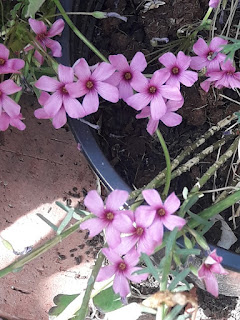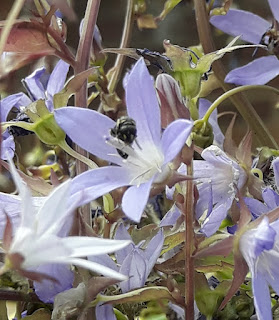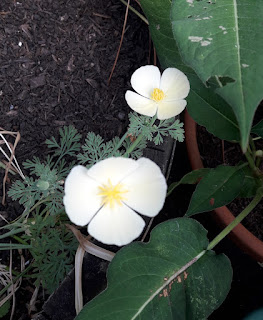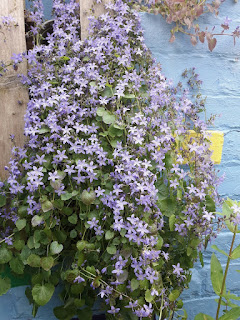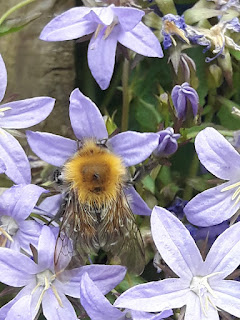What do you do when you finish your Japanese degree? Why get yourself out on a charity shop trawl for some new reading material of course. Unfortunately Monkey did not find anything that appealed ... whereas I had a ball. I have had a busy reading time over the last few weeks and enjoyed all of them. The pile, however, was lingering unreviewed, and you know how I hate that ... so this will be a race through.
First up, 'Chorus' by Rebecca Kauffman was a family saga, seven siblings go out into the world after the early loss of their mother, each with their own memories of childhood, their bond with each other bringing them back home in their turn.
"What Bette really longed for, oddly, was precisely the people whom she had done her best to avoid for many years: her sisters. Wendy, who always knew what to do. Maeve, who was always good for a laugh. Lane, sensitive and kind. Bette and Lane had not been particularly close at any stage of life, but lane had offered very comforting words to Betty she she first learned of Ray's death. Lane had lost her own husband, John Winthrop, a number of years earlier, to the war, and Lane had remained a widow since, raising her son, Thomas, now a teenager, on her own. Bette longed for the presence of all, or any, of her sisters, whose attempts to remain in touch Bette had casually cast aside over the years. She longed for the familiarity, the immediate and unceremonious intimacy of sisterhood." (p.119)
'The Last Resort' by Jan Carson takes place on a run down caravan park and tells of the dishevelled lives of the people living and visiting. They are all very caught up in their own problems but come together in a crisis. Here Vidas, one of the refugees:
"The first time I bumped into Frankie, he was standing outside, smoking in the middle of the night. He said his caravan was about to fall off the cliff. He couldn't sleep for worrying it might take him with it. This is the third time we've met like this. It helps me put the night in. Mostly, Frankie talks and I listen. I don't mind. I know what it's like to have no one listening to you. I miss a lot of what he says - Frankie's from Derry; his accent's so thick he might as well be speaking another language - but I can tell i'm helping, just by listening. I feel useful with Frankie, like there's a point to me again." (p.46)
I have read several other by Jon McGregor and 'The Reservoir Tapes' was up to his usual standard. Kind of similar to Last Resort in that each chapter is told by a different person who has a particular perspective on the situation in hand. Here a young girl has gone missing and each of the people have some connection to her. Their tales combine to build a picture of the community.
"Ian still walked past the old quarry site, now. He liked to make sure the fence was in good order. It was a peaceful place to be. Not like it had been back then, with the dust and the noise and the bare blasted rock. Now it was a clear blue water, trees, birdsong. The evening air beginning to cool after a long hot August day. Dragonflies zipping about above the water, no doubt. Swallows skimming low across the surface. It seemed likely there'd be some good fishing down there, if you could get to the banks. Grayling, maybe even trout. But there was no chance he'd be trying anything like that. Trouble with all the regeneration that went on at these places, it tended to disguise the dangers. You make everything look pretty enough, some idiot would forget why the fence was even there." (p.117)
Back in March I went along to a Manchester Literature Festival event at the library and listened to Sebastian Barry do a wonderful reading from 'Old God's Time', and got a signed copy. Only very loosely tied to the family clan that populates many of his novels it is the story of Tom Kettle, retired policeman, reflecting from the quiet of his new life on the love and pain of earlier times. I wanted to write a long review of this one but sometimes I just have to let it go. My mum finds him depressing but I have loved all his books and get attached to the character and their lives. Tom's love for his deceased wife peppers the book and his longing for her is exquisitely poignant, never mawkish. I felt it, and mourned with him.
"The glad embrace, just on the verge of embarrassment, as if a few days apart had nearly made strangers of each other, and the options open were: fall in love again, or flee. The weird giddiness of it. He was sure mere age couldn't blunt that. He trod along between the beautiful houses, their high walls, their perfected oldness and rightness, thinking of what it would have meant to him to grow old with June. Was it not one of the ordinary rewards of love? Crawl with each other at hospital appointments maybe, but also revel in the allotment of days still left. Talk about the children with the reverence and pride of former owners. He could only imagine it. I|t was given to you either to live, or not to live, there was nothing else. A soul like him left on earth without the person he had loved - what sort of creature was that?" (p.59)
'The Ghost in the Throat' by Doireann Ni Ghriofa has been on the library list for a couple of years now and while it didn't disappoint I feel I would have got more from it if there had been a pronunciation guide for the names, I found it frustrating not knowing how to say, in my head, the poet's name. In the book a nameless woman finds herself, while raising her children, obsessed by Eibhlin Dubh Ni Chonaill, translating her famous poem and excavating the past in search of the truth about her life. It's difficult book to sum up because it's like nothing else; part novel, part detailed research into Irish history and the invisibility of women in it.
"I never grew out of the habit of reading by fingertip. Now, wherever I search archives for references to Eibhlin Dubh, the line of my scalpel-scar mirrors the pale space between lines of text. My skin remembers that blade well, but it is rare that these antique papers remember her name. I try to find her. I try and try and fail and fail. Eventually I return to Mrs O'Connell's enviable access to the letters of her brothers. Perhaps the compulsion to lay a woman's life before me and slowly explore each layer started in the dissection room; so many of our most steadfast patterns are begun in those years between childhood and adulthood." (p.115)
I have a whole pile of new things to consider now, including some more non fiction, and a nice book about gardens.
Stay safe. Be kind. Read.
